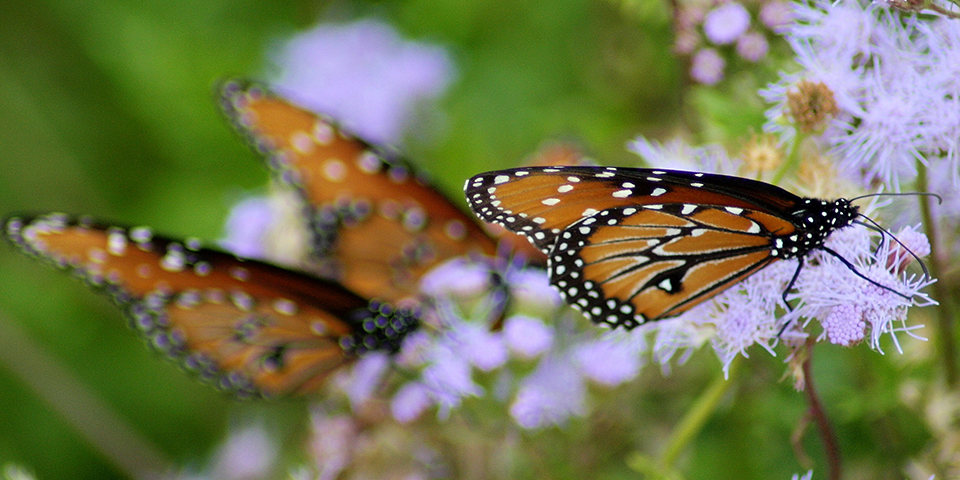
“Entomologists from around the world are tracking the rapidly declining number of insects, and are concerned by the data they’re collecting. As noted by the distinguished Harvard biologist Edward O Wilson, Ph.D., ‘If all humankind were to disappear, the world would regenerate back to the rich state of equilibrium that existed 10,000 years ago. If insects were to vanish, the environment would collapse into chaos.'”
These tiny and seemingly inconsequential bugs hold great power in plant pollination, soil microbial diversification, environmental cleanup and wildlife support. Insects are in a unique position to perform these functions in what appears to be a flawless and effortless fashion. Tragically, declines are now observed in many different insect populations. Overall diversification is also declining.
How You Can Help
There are several ways you can help to increase the population of insects.
•Avoid insecticide use at home: While you likely have no direct control over insecticide use in agricultural concerns, you can control what you use in your own garden. Investigate natural methods to control specific pests, such as introducing natural insect predators, planting near other plants that are inhospitable to the pests, or using mechanical methods such as diatomaceous earth.
•Buy organic: How you spend your money has a big impact on farmers and large agricultural concerns. Businesses respond to their customers when their customers vote with their wallet. As more people purchase organically grown produce, more farmers will produce those products to meet the demand.
Since organic farmers do not use synthetic herbicides and pesticides and employ farming techniques designed to improve biodiversity across a wide spectrum, insect biodiversity is greatly improved and supported by organic farms.
•Plant a garden: I think some of the best tasting vegetables are those I can pick directly from my garden and eat the same day they are harvested. Even if you have a small yard or live in an apartment, there are many plants able to thrive in containers. In this way you also control what seeds you use and how you control pests and disease.
•Contact your congressman or senator: Your government representatives are heavily lobbied by big agrichemical concerns. They also need to hear from you — the people they represent in government. Through a simple letter writing campaign in your area, you may be able to make a difference in the chemicals used, light pollution, or the creation of insect friendly habitats. Make it a habit to contact your congressman and your senator,34 and track their voting records.35
See how our landscape design expert in NYC can create the garden of your dreams.
Click to read the original article by Dr. Mercola
Sources:
“Where Have All Our Insects Gone?” by Dr. Mercola








